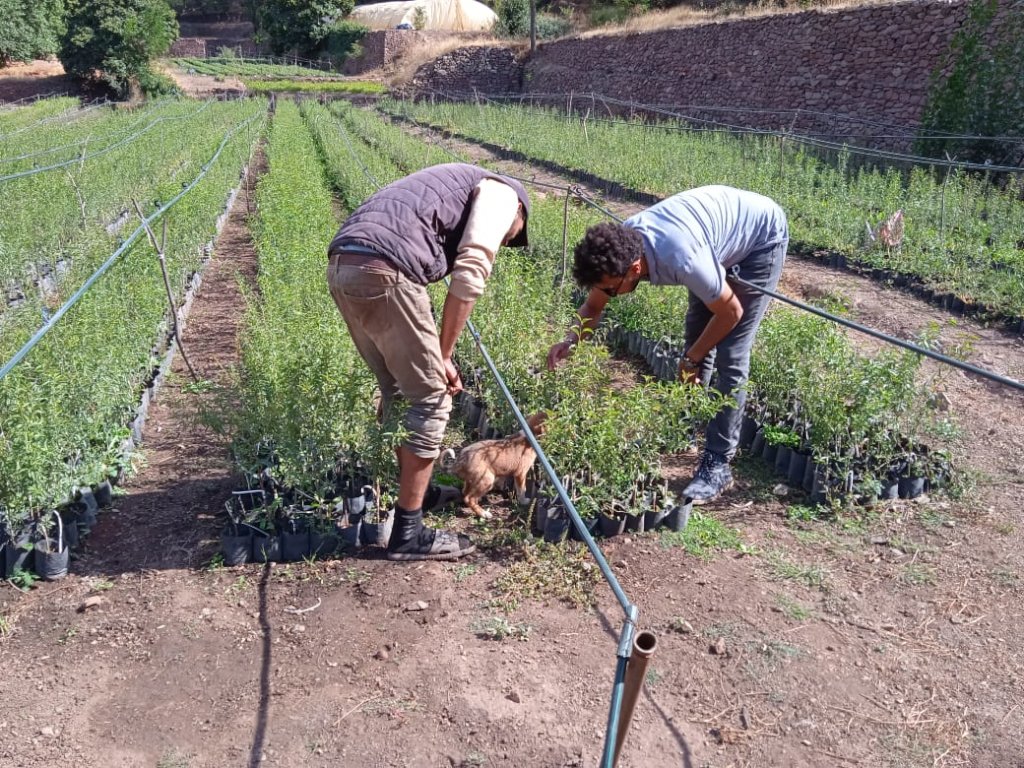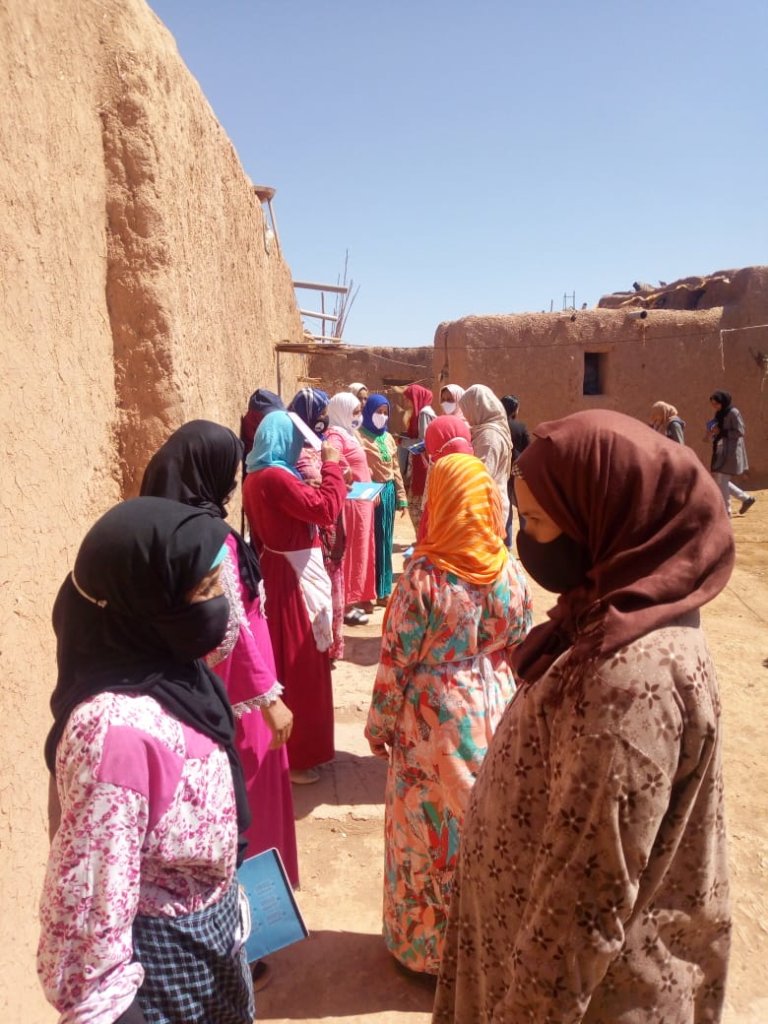By Henry Prillaman | HAF-UVA Intern
All around the world, we have seen deforestation and overuse of fertilizers and pesticides that have led to degradation of the environment. Contrary to expectation, from the “Healthy Farms, Wealthy Farmers: Repurposing Agricultural Subsidies to Restore Land” discussion from the World Resources Institute, we see that subsidies have actually led to some of this destruction of the environment.
Helen Ding, a senior economist at the World Resources Institute, began this discussion on how these subsidies are not living up to their primary objectives. Subsidies can lead farmers to deforestation to spread their land claims, as well as overuse of fertilizers that detract from natural arable land. Twenty-three percent of land productivity has been eliminated due to deforestation and greenhouse gas emissions and twenty-four billion metric tons of fertile soil is lost every year. This is more devastating when we consider that the subsidies being given to help farmers are in turn hurting our environment and, in the future, will hurt farmers.
In addition, Helen Ding states that subsidies around the world aren’t helping decrease poverty. We have seen countries lose their soil health, fail to increase productivity, and incentivize deforestation all from misallocation and unideal subsidies.
The solution is to change how the subsidies are given and to whom they are given. Subsidies should be reallocated to restoring soil health and increasing sustainable farming practices. In the World Resources Institute discussion, Helen Ding outlined that $400 billion of current subsidies across the world could be repurposed to have a better use that would facilitate farm health and in turn help the environment. Subsidies have been shown to not only hurt the farmland and environment, but also not significantly help farmers.
In a recent repurposing of funds in Costa Rica, $500 million from gas tax revenues were transferred to protect the forest, boosting the tourism economy by 6% from 2017-2021. Placing subsidies in the right places can have far reaching and profitable results. The benefits listed in “Healthy Farms, Wealthy Farmers” for switching subsidies to protect and restore farmland and ecosystems are fewer incentives for deforestation, increased biodiversity, greater ecosystem resilience, better soil quality, higher crop yields, extra income for farmers, increased food security, lower carbon emissions, and more jobs.
There is a need to assist the smallholder farmer to help restore the land and save the environment. In addition, monitoring systems are needed to track these subsidies and their goals, such as the lowering carbon emissions, to better show the sub.
The High Atlas Foundation is working to satisfy these goals in Morocco. HAF works to restore farmland and biodiversity through planting trees utilizing local seeds, assists farming families with their focus on women’s and youth agricultural development initiatives, as well as continual monitoring of their trees planted to gain best practices and support carbon offsets. Subsidies allocated as Helen Ding prescribes would allow for HAF’s mission to be administered all around the world with all kinds of governments, foundations, and groups, working to help restore the land we live on by empowering farming families.
Project reports on GlobalGiving are posted directly to globalgiving.org by Project Leaders as they are completed, generally every 3-4 months. To protect the integrity of these documents, GlobalGiving does not alter them; therefore you may find some language or formatting issues.
If you donate to this project or have donated to this project, you can receive an email when this project posts a report. You can also subscribe for reports without donating.
Support this important cause by creating a personalized fundraising page.
Start a Fundraiser
